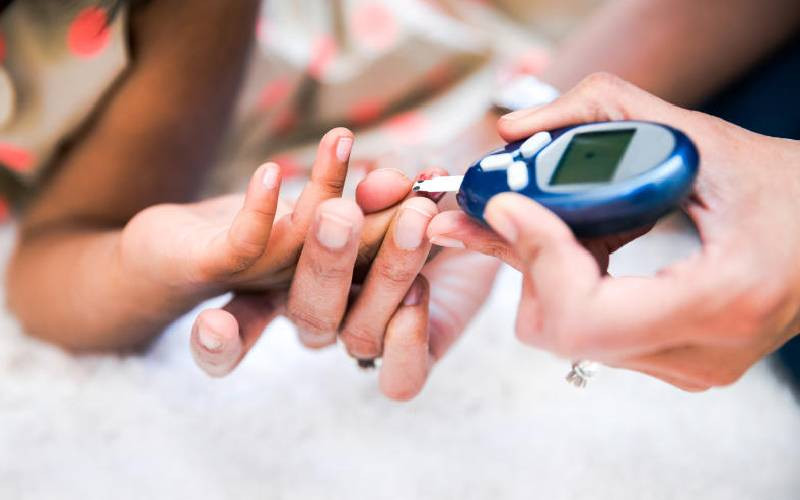
If you often find yourself eating late or reaching for a cold drink just before bed, it might be time to rethink your evening habits.
According to Kepha Nyanumba, a consultant nutritionist at Crystal Health Medical Centre, your body needs time to rest and that includes your digestive system.
“It’s recommended to have your last meal at least 2–3 hours before bedtime to allow adequate time for proper digestion,” says Nyanumba.
Eating too close to bedtime keeps your body active digesting food instead of focusing on rest and repair. This can disrupt your sleep and may even lead to long-term health issues.
Nyanumba also points out that eating late can contribute to weight gain. “At night, we are less active, so excess calories are more likely to be stored as fat.”
In addition, lying down shortly after eating can worsen things, making it easier for stomach acid to travel into the oesophagus and cause acid reflux or discomfort.
Watch what you eat and when
Certain foods and drinks can make things worse. Kepha warns against eating wheat products late at night. “They take a long time to digest,” he explains.
Caffeinated drinks are also best avoided as they can interfere with sleep. Instead, he recommends including magnesium-rich foods in your evening meals to help your body relax.
“Magnesium helps relax muscles and nerves,” he says. Good sources include pumpkin seeds, almonds, avocados and whole grains.
Why cold drinks can be a problem
While a cold drink might seem refreshing after a long day, drinking chilled beverages at night may disrupt your body’s natural rhythms.
“Cold beverages interfere with the body’s natural homeostasis,” says Nyanumba. “The body must expend energy to warm the drink to internal temperature, which can slow digestion.”
At night, your metabolism naturally slows, and your body prioritizes rest and recovery over digestion. Cold fluids may irritate the throat, cause bloating, or lead to indigestion, especially in sensitive individuals.
“Cold fluids can slow gastric motility and enzyme activity, especially when the body is winding down,” Nyanumba adds.
The National Sleep Foundation notes that the body’s core temperature drops in preparation for sleep, helping to signal relaxation. While a cold drink may not disturb sleep for most healthy people, large amounts or individual sensitivity could lead to discomfort.
If you tend to eat late or have trouble sleeping, opt for warm drinks that soothe your digestive system. “Warm water with a slice of lemon or ginger or herbal teas like chamomile can soothe digestion and promote relaxation without stimulating the nervous system,” Nyanumba recommends.
Simple habits can make a big difference. Skip the cold soda, eat a little earlier and opt for a warm, soothing drink instead. Your stomach and your sleep will thank you.
 The Standard Group Plc is a multi-media organization with investments in media
platforms spanning newspaper print
operations, television, radio broadcasting, digital and online services. The
Standard Group is recognized as a
leading multi-media house in Kenya with a key influence in matters of national
and international interest.
The Standard Group Plc is a multi-media organization with investments in media
platforms spanning newspaper print
operations, television, radio broadcasting, digital and online services. The
Standard Group is recognized as a
leading multi-media house in Kenya with a key influence in matters of national
and international interest.











